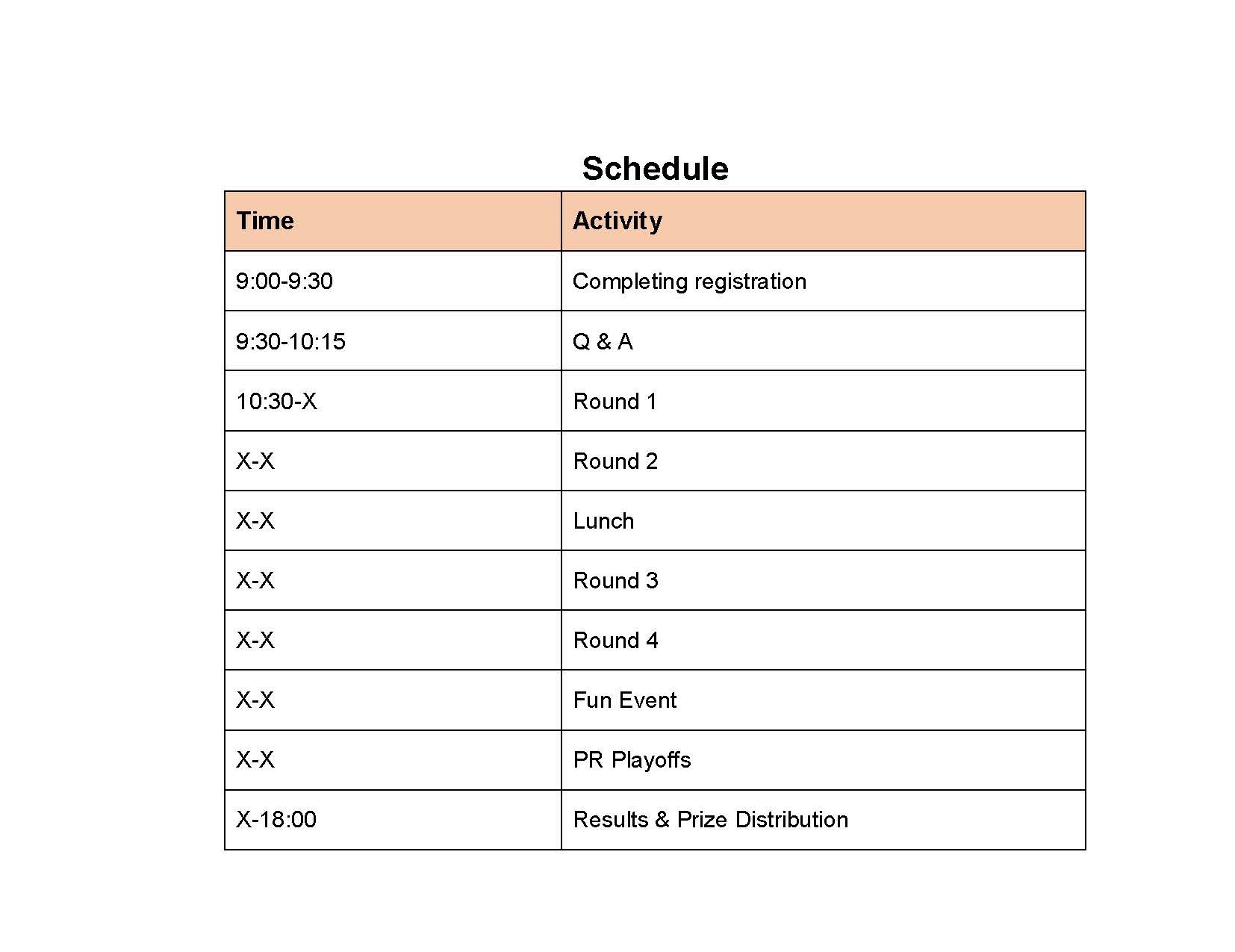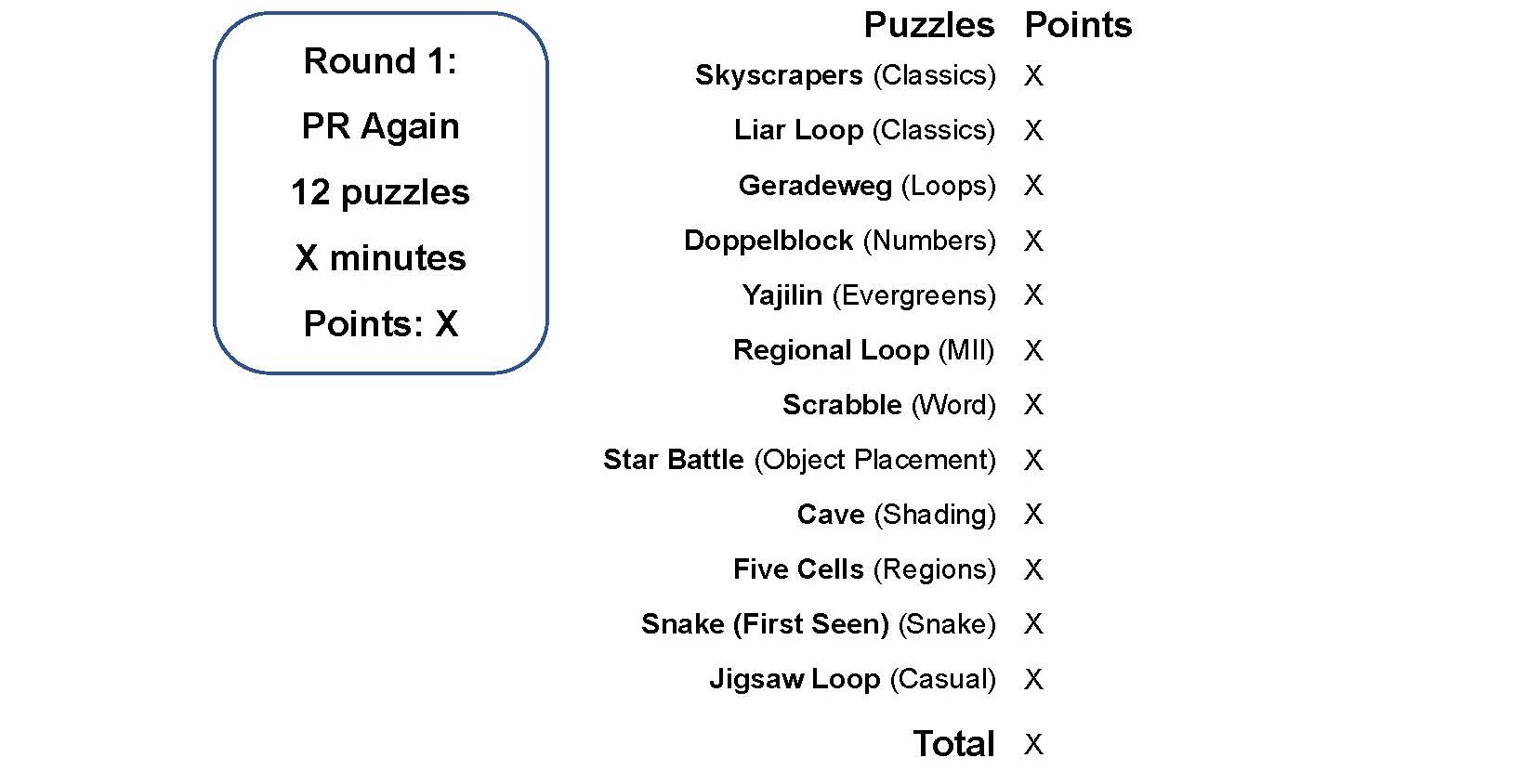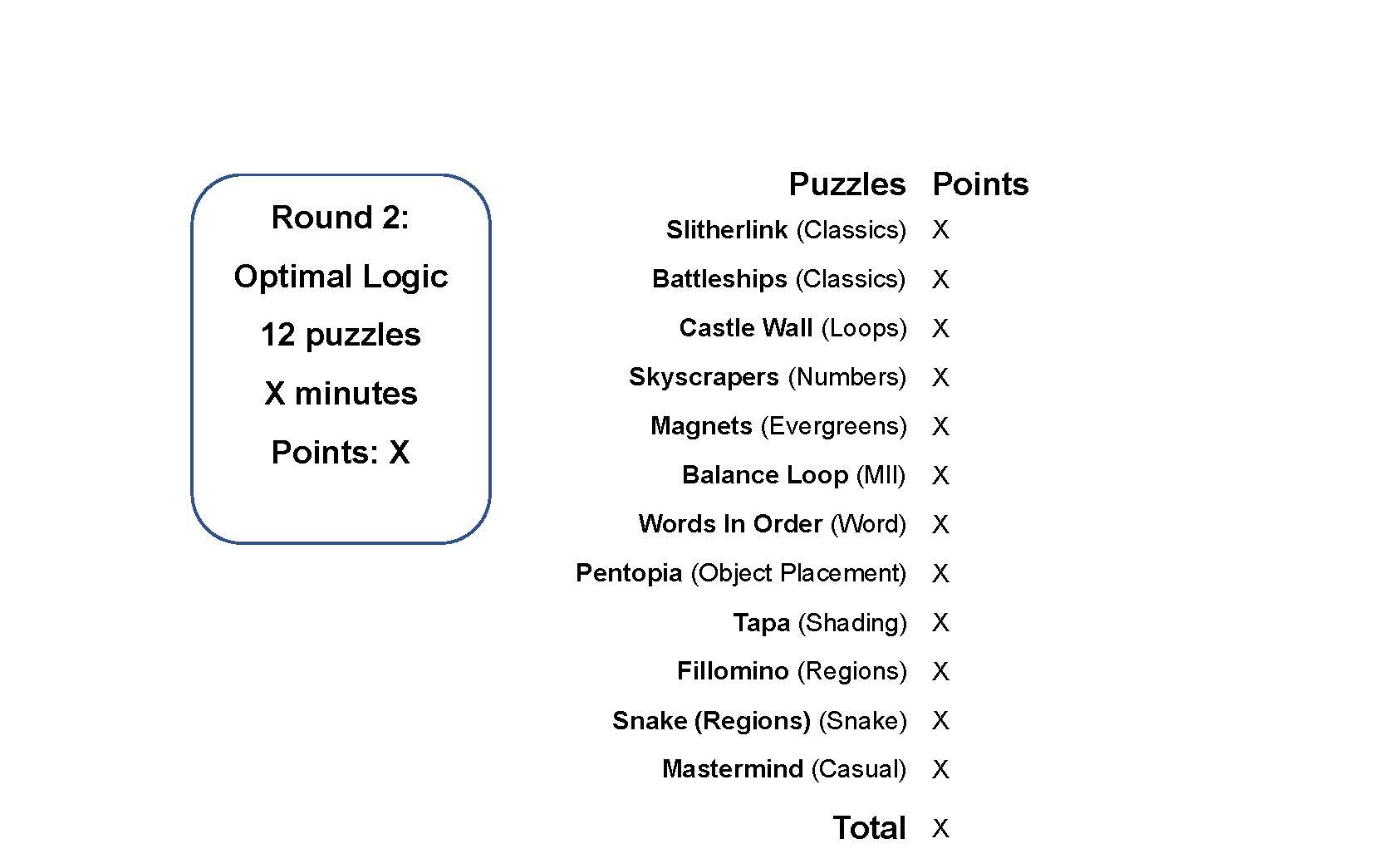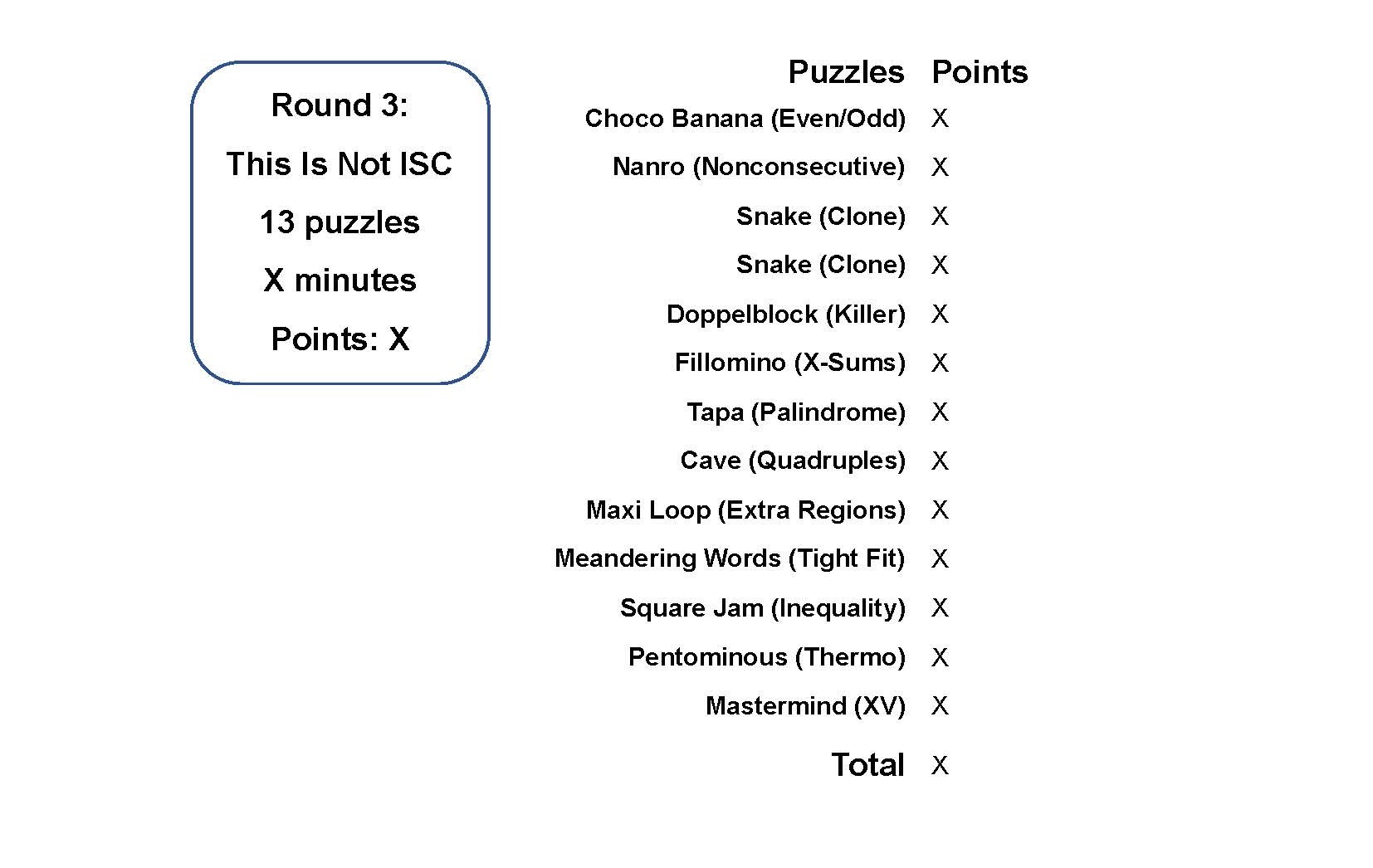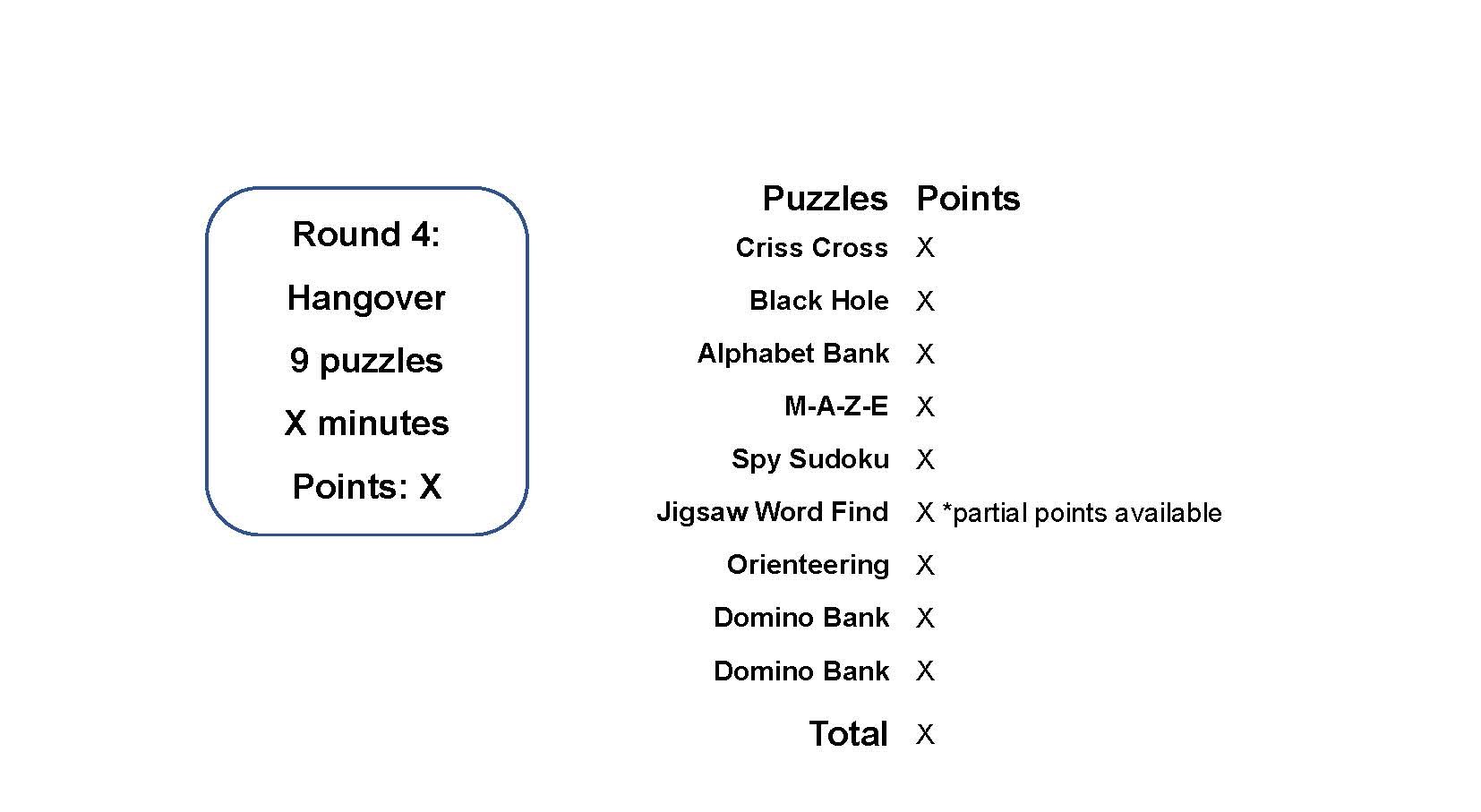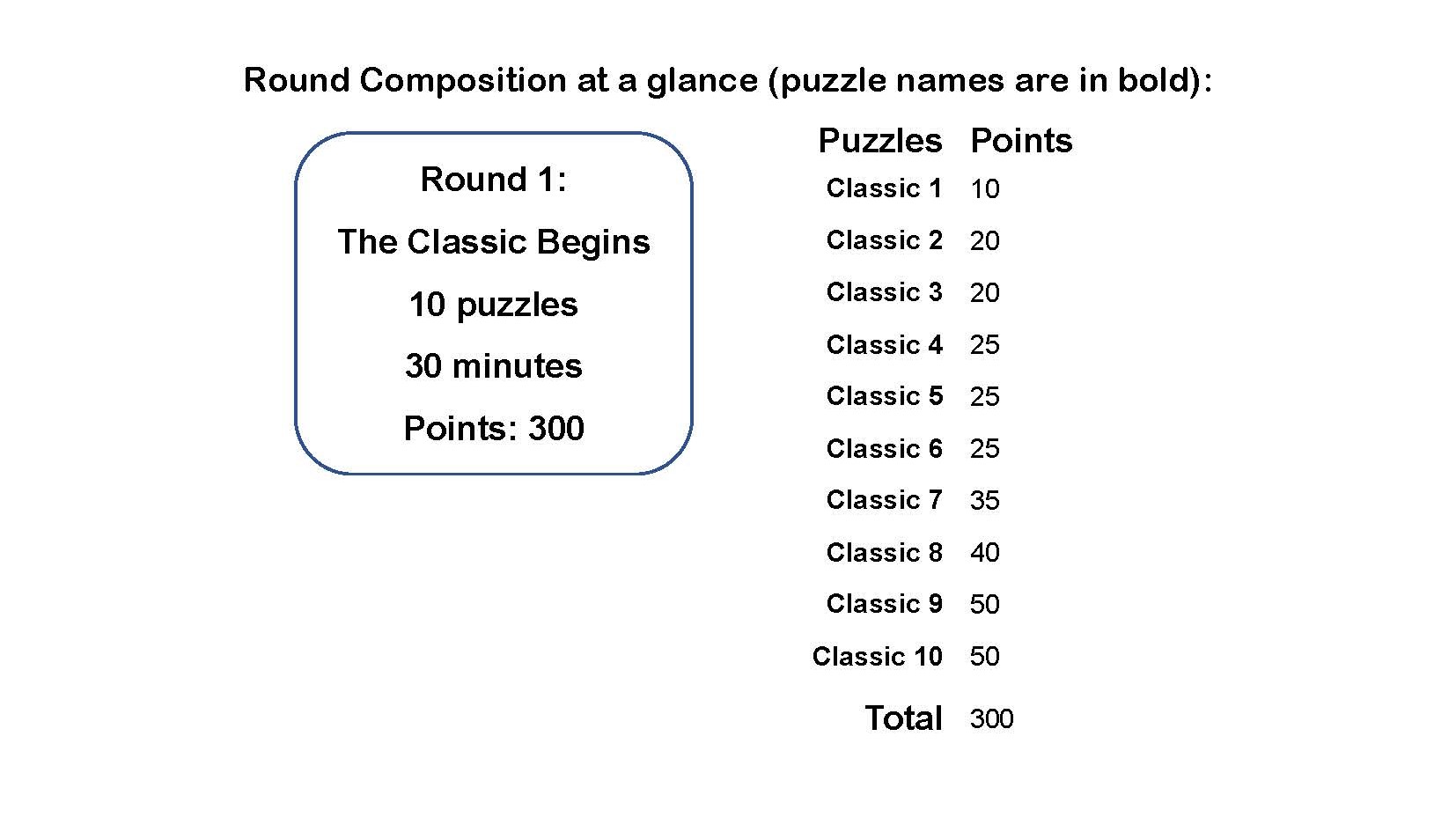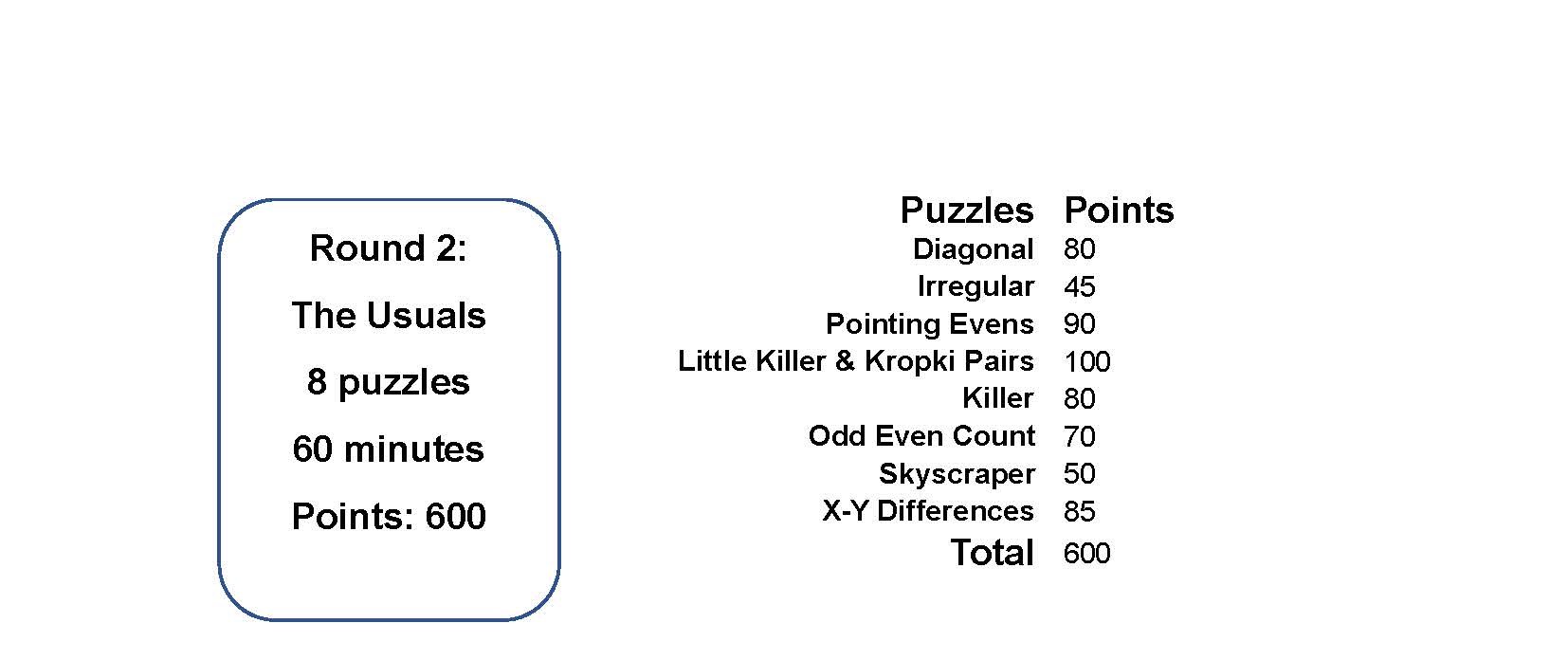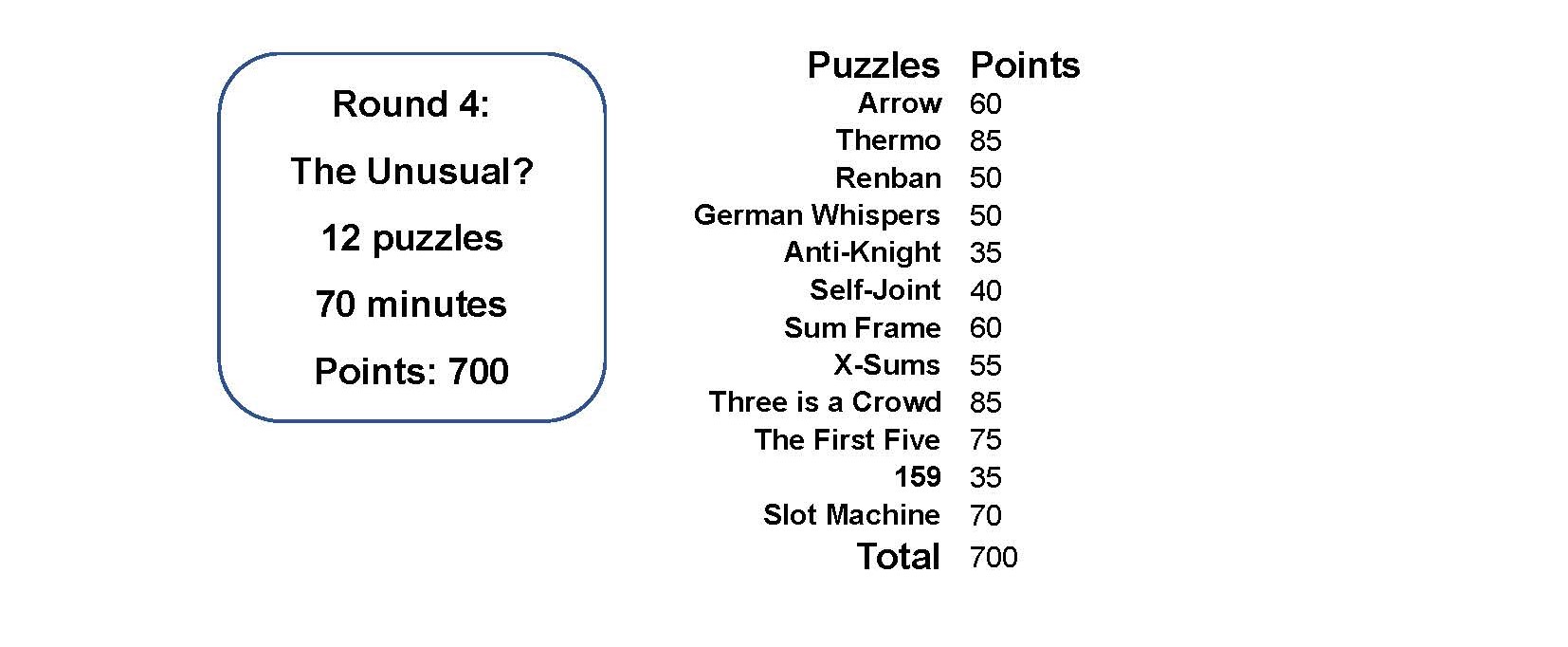My Article Published in the journal Peace Prints
South Asian Journal of Peacebuilding
(Vol. 10, No. 1, Summer 2024)
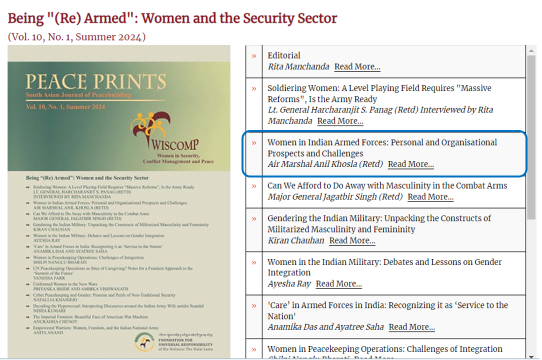
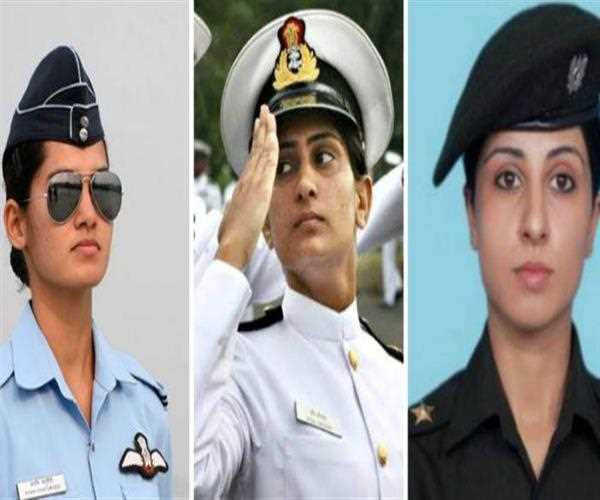
Pic Courtesy: Internet
“Not all women wear pearls and shoes to work; some wear dog tags and combat boots.”
-Author Unknown
Women’s participation in the armed forces has evolved significantly over the years worldwide, with a growing recognition of their valuable contributions to the defence and security of the country. Many countries now allow women to serve in the armed forces in numerous roles. The extent of participation and roles vary from country to country, depending on cultural norms, legal frameworks, and military policies.
Traditionally, the Indian armed forces have also been predominantly male-dominated; however, the inclusion of women was inevitable with changes in societal norms and perceptions. The roles and opportunities for women have expanded over the years, with women now serving as pilots, engineers, and administrators, among others. Associating changes in military policies preceding or succeeding these decisions.
The history of women in the Indian defence services is a story of gradual progress and increasing participation from support services and roles to combat and command roles. The Indian Air Force, for instance, has implemented various initiatives to promote gender equality and equal opportunities for women. These include recruitment drives, training programs, and policy changes. IAF has been relatively more progressive than the three services in gender mainstreaming, with significant strides made in recent years towards achieving gender equality and providing equal opportunities for women in the workforce.
While including women in the armed forces brings several benefits, specific challenges and barriers still exist. These include aspects related to cultural and societal norms, such as traditional gender roles and expectations, which can hinder women’s acceptance and integration into the armed forces. Career opportunities and progression, physical and psychological suitability for combat roles and leadership positions, gender integration, gender equality, gender bias, and gender discrimination are some of the critical challenges. The Indian Air Force, like other branches, has been working to address these issues, but there is still work to be done. Harassment prevention, redressal mechanisms, judicial recourse, physical and mental fitness norms, etc., need to be reviewed periodically for mid-course corrections.
Continue reading “494: WOMEN IN INDIAN ARMED FORCES: PROSPECTS AND CHALLENGES”

